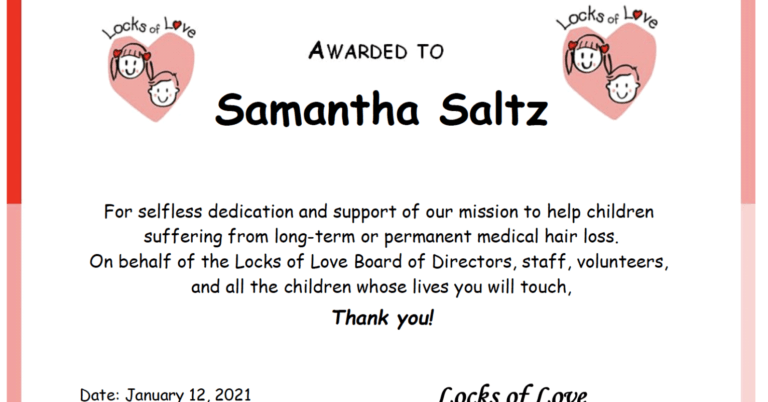We’ve heard the phrase “everybody loves taffy,” meaning that everyone likes to be complimented. Why is this statement so profound? One reason is direct: praise cultivates warmth and happiness. The other is more disguised: praise establishes a safe platform to open others to your suggestions.
In his book, How to Win Friends and Influence People, Dale Carnegie stresses the importance of positive feedback and sharing personal struggles.1 By starting with praise and mentioning your own limitations, you increase the likelihood that the person whose behavior you are trying to modify will be open to your suggestions.
To illustrate this concept, imagine two parents who are both upset with their child for having a messy room. Parent “A” gets angry and orders the child to clean the room. The child may oblige, begrudgingly. But because anger and orders are weak motivators, the child will have little desire to keep the room clean and may even resent the parent. Parent “B” instead presents dissatisfaction with the messy room by first praising the child:
“You did a great job cleaning your room last week, much better than I could have done. Things got moved around during the week and the room is starting to look messy again. Could you please put away your toys and make your bed before school?”
If the child still refuses to clean the room, Parent B may need to modify the approach, or possibly even suggest consequences for not cleaning the room. However, it’s important the parent returns to praising the child. Parent B’s approach leads to a sense of autonomy and pride in the child. There’s a higher likelihood that over time the child will keep the room clean.
The same concepts can be applied to adult relationships. Consider a personal friend who is frequently late. You could say, “I hate it when you’re late. Be on time!” But a better approach would be:
“I know I’ve been late on occasion. You’re very patient and I admire that, but I feel terrible when you’re waiting on me. Today you were 30 minutes late and I was waiting. Do you think we could both make an effort to be on time?
Or if the friend happens to be on time (for once), you could reinforce the positive behavior by saying: “I really appreciate you getting here on time.” The statement directly mentions the appreciated behavior.
Providing effective and persuasive suggestions is a skill that improves with practice. Remember to share your own limitations, politely praise, and ask a question instead of making a direct demand. With this, think of praise and suggestion as a magnet. Make the two charges equal in strength.
1. Carnegie, D. (1936). How to win friends and influence people. New York: Simon and Schuster.












